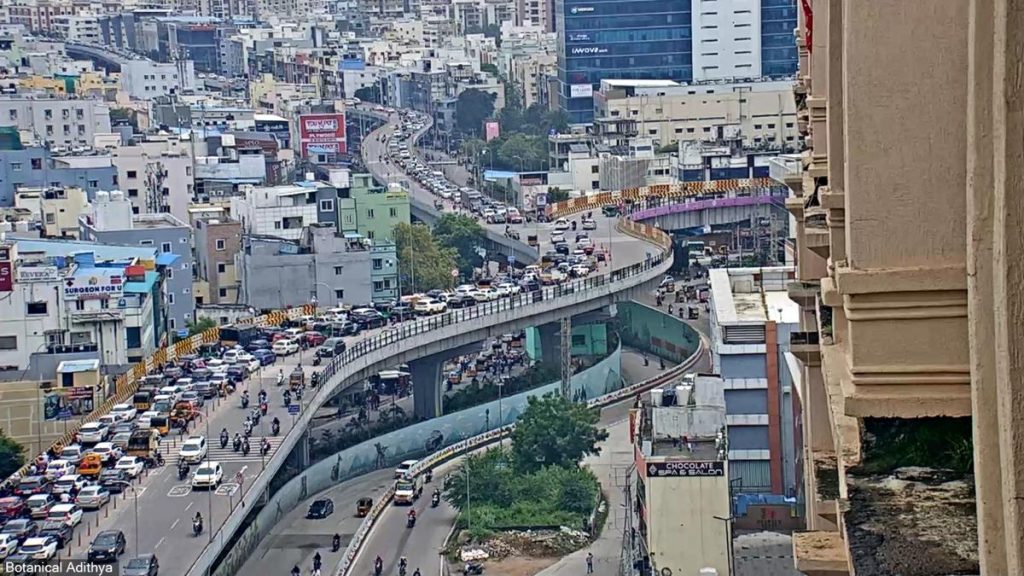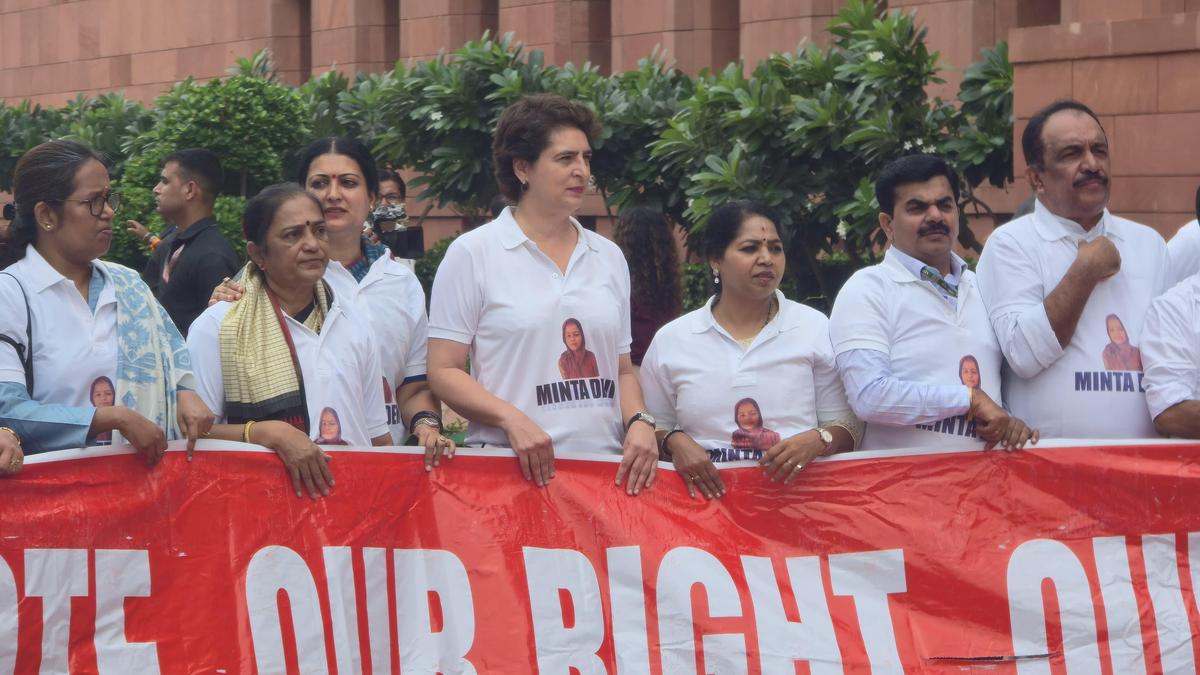Now Reading: Pilots’ Union Calls on DGCA to Scrap Notice Period Proposal
-
01
Pilots’ Union Calls on DGCA to Scrap Notice Period Proposal
Pilots’ Union Calls on DGCA to Scrap Notice Period Proposal

Quick Summary:
- A leading pilots’ union, ALPA India, has urged the Directorate General of Civil Aviation (DGCA) to retract its proposal seeking mandatory notice periods for aviation personnel to prevent foreign carriers from poaching talent.
- On August 1, the DGCA submitted a Working Paper to ICAO advocating “standardised notice periods” to maintain operational continuity and safety amid migration of trained aviation personnel.
- ALPA India argued that restricting professionals from pursuing lawful overseas employment infringes fundamental rights and does not address domestic dissatisfaction such as poor working conditions and pay disparities.
- Pilots claim that such measures could create conditions akin to bonded labor under monopolistic airlines in India and increase stress among aviation staff, affecting safety standards.
- ALPA also highlighted concerns like lack of safeguards against pay loss or gratuities during airline shutdowns (e.g., Kingfisher Airlines, Jet Airways).
- In 2017, the Delhi High Court stayed a DGCA rule mandating six-month and one-year notice periods for pilots.Airlines later reintroduced these clauses in contracts post-pandemic.
- the DGCA’s paper argues foreign hiring drains Indian carriers’ resources due to costly replacement recruitment while indirectly benefiting competitors.
- Indian airlines are projected to grow significantly with orders for over 2,000 aircraft by 2030.
Indian Opinion Analysis:
The ongoing debate reflects challenges in balancing workforce mobility with national interests in maintaining a skilled aviation sector. While the DGCA highlights legitimate concerns regarding costs incurred by domestic airlines due to talent outflow, imposing extended notice periods may inadvertently undermine employee rights-a point strongly emphasized by ALPA India. This issue underscores deeper systemic problems faced by Indian aviation staff: inadequate working conditions and contractual security drive them abroad.
improving retention through better policies addressing grievances like wage disparity or upward mobility may offer a sustainable solution over restrictive measures. Additionally, India’s ambitious growth targets necessitate fostering an ecosystem where talent remains attracted domestically without coercion-essential both for operational efficiency and commitment toward safeguarding employee welfare.
Read more at: Source






















